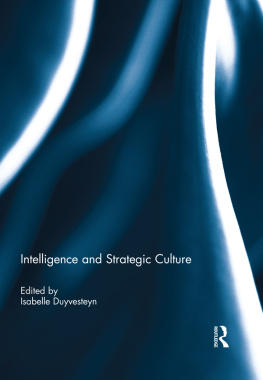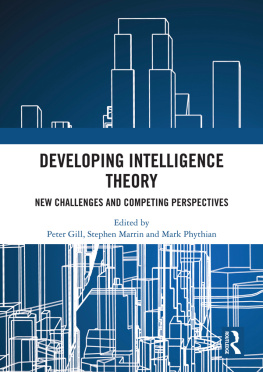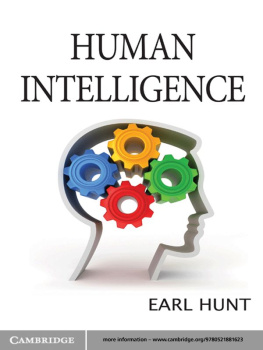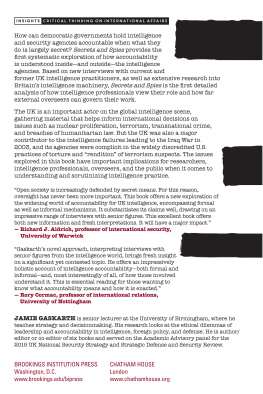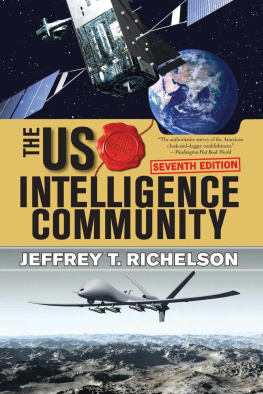Vian Bakir - Intelligence Elites and Public Accountability: Relationships of Influence with Civil Society
Here you can read online Vian Bakir - Intelligence Elites and Public Accountability: Relationships of Influence with Civil Society full text of the book (entire story) in english for free. Download pdf and epub, get meaning, cover and reviews about this ebook. year: 2018, publisher: Routledge, genre: Science / Politics. Description of the work, (preface) as well as reviews are available. Best literature library LitArk.com created for fans of good reading and offers a wide selection of genres:
Romance novel
Science fiction
Adventure
Detective
Science
History
Home and family
Prose
Art
Politics
Computer
Non-fiction
Religion
Business
Children
Humor
Choose a favorite category and find really read worthwhile books. Enjoy immersion in the world of imagination, feel the emotions of the characters or learn something new for yourself, make an fascinating discovery.

- Book:Intelligence Elites and Public Accountability: Relationships of Influence with Civil Society
- Author:
- Publisher:Routledge
- Genre:
- Year:2018
- Rating:4 / 5
- Favourites:Add to favourites
- Your mark:
Intelligence Elites and Public Accountability: Relationships of Influence with Civil Society: summary, description and annotation
We offer to read an annotation, description, summary or preface (depends on what the author of the book "Intelligence Elites and Public Accountability: Relationships of Influence with Civil Society" wrote himself). If you haven't found the necessary information about the book — write in the comments, we will try to find it.
This book provides a definitive overview of the relationships of influence between civil society and intelligence elites.
The secrecy surrounding intelligence means that publication of intelligence is highly restricted, barring occasional whistle-blowing and sanitised official leaks. These characteristics mean that intelligence, if publicised, can be highly manipulated by intelligence elites, while civil societys ability to assess and verify claims is compromised by absence of independent evidence. There are few studies on the relationship between civil society and intelligence elites, which makes it hard to form robust assessments or practical recommendations regarding public oversight of intelligence elites. Addressing that lacuna, this book analyses two case studies of global political significance. The intelligence practices they focus on (contemporary mass surveillance and Bush-era torture-intelligence policies) have been presented as vital in fighting the Global War on Terror, enmeshing governments of scores of nation-states, while challenging internationally established human rights to privacy and to freedom from torture and enforced disappearance. The book aims to synthesise what is known on relationships of influence between civil society and intelligence elites. It moves away from disciplinary silos, to make original recommendations for how a variety of academic disciplines most likely to study the relationship between civil society and intelligence elites (international relations, history, journalism and media) could productively cross-fertilise. Finally, it aims to create a practical benchmark to enable civil society to better hold intelligence elites publicly accountable.
This book will be of great interest to students of intelligence studies, surveillance, media, journalism, civil society, democracy and IR in general.
Vian Bakir: author's other books
Who wrote Intelligence Elites and Public Accountability: Relationships of Influence with Civil Society? Find out the surname, the name of the author of the book and a list of all author's works by series.

